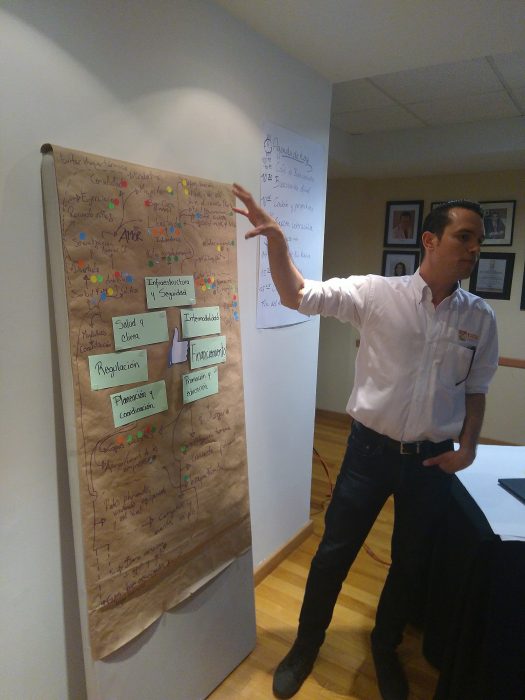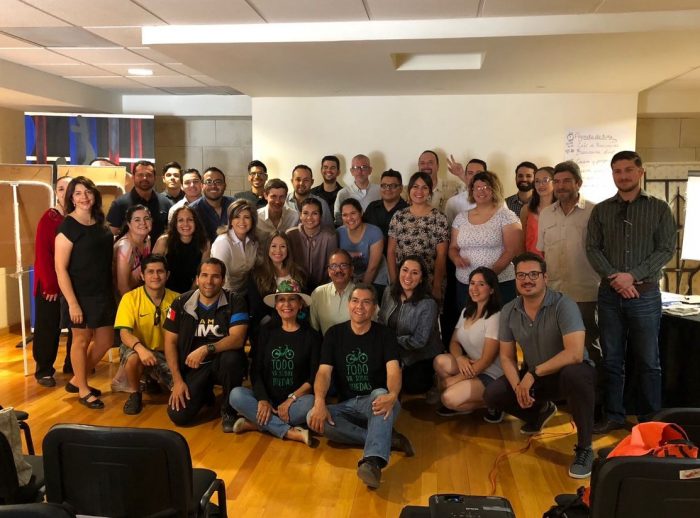Active mobility in cities is becoming more relevant on local governments´ agendas. Reformulating public policies and reorienting financing that for many years benefited only the private vehicle requires paradigm shifts. To address this issue, it is vital to recognize the central role that organized civil society plays in positioning the issue.

The Climate Protection in the Mexican Urban Policy Program (CiClim) develops a strategy to encourage the use of bicycles together with the local government of Hermosillo through the Municipal Planning Institute (IMPLAN). The program will provide technical assistance for the development of a mapping of routes and profile of urban cyclists in the city, as a result of the workshop “Potential, Challenges and Prospects for Bicycle Transport in Torrid Climates”.
When seeking to reduce greenhouse gas emissions, adopting measures for the transport sector is almost indispensable. Improving cyclist mobility has social, environmental and economic impacts on cities, which counteract the negative externalities of the indiscriminate use of cars. Encouraging bicycle mobility has positive results on the health of the population, on air quality and on making our cities more livable.
However, cities face various challenges to promote bicycles as a means of transport for its inhabitants, including the lack of adequate infrastructure and prioritized investment, road education, and cultural barriers, just to name a few. In addition to this, for Hermosillo, the weather is a challenge for people who commute by bicycle.
During the workshop various dynamics were carried out to get to know the context of the city and its particular needs with the aim of directing a strategy of bicycle mobility suitable for Hermosillo. Different fields of action, priority measures, key actors and allies, benefits and risks of using the bicycle were identified, as well as opportunities to overcome obstacles.
The attendees stressed the need for the creation of a regulatory framework, support instruments such as an urban cyclists´ manual and adaptations to infrastructure. In the latter, in addition to road safety criteria, incorporating vegetation that provides shade is a necessary measure of adaptation to the climate of the city.

The event also provided a space for knowledge exchange among cities. The experiences of good practices were shared, particularly in the implementation of the Public Bicycle Systems in Guadalajara and Toluca.
The workshop was organized by CiClim and the IMPLAN of Hermosillo in April. The event opened with the participation of the Municipal President of Hermosillo, and among its attendees were members of cycling associations, representatives of government institutions and the private sector.

The CiClim program works on three components: climate-friendly urban planning, ecosystem services and sustainable urban mobility. GIZ advises the Mexican Secretariat of Agrarian, Land, and Urban Development SEDATU, the Secretariat of Environment and Natural Resources SEMARNAT and five local governments in Mérida, Léon, Tlaquepaque, Hermosillo and Morelia.
This project is implemented by the Deutsche Gesellschaft für Internationale Zusammenarbeit (GIZ) GmbH and is part of the International Climate Initiative (IKI) of the Federal Ministry for the Environment, Nature Conservation and Nuclear Safety (BMU) of Germany.
